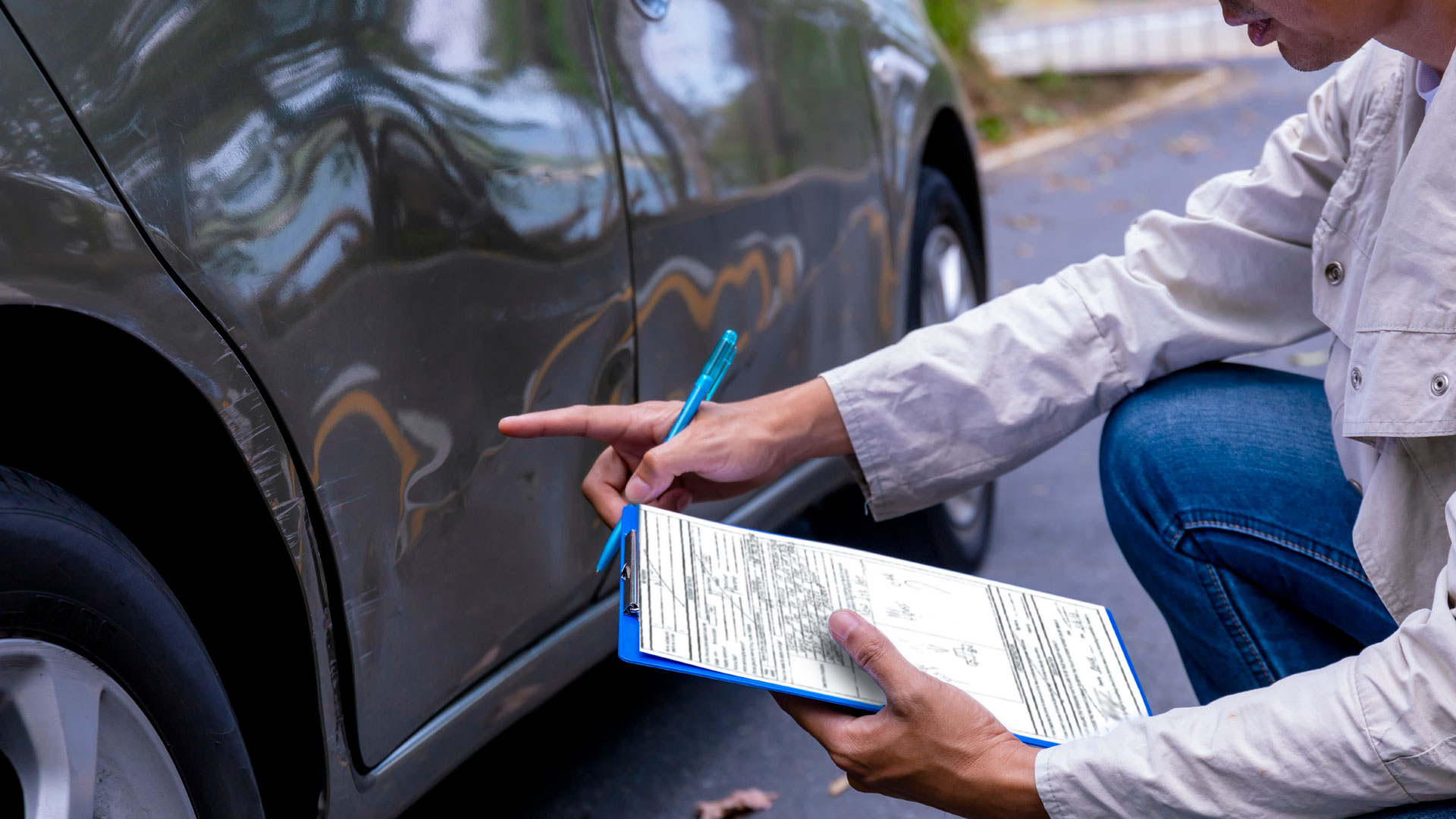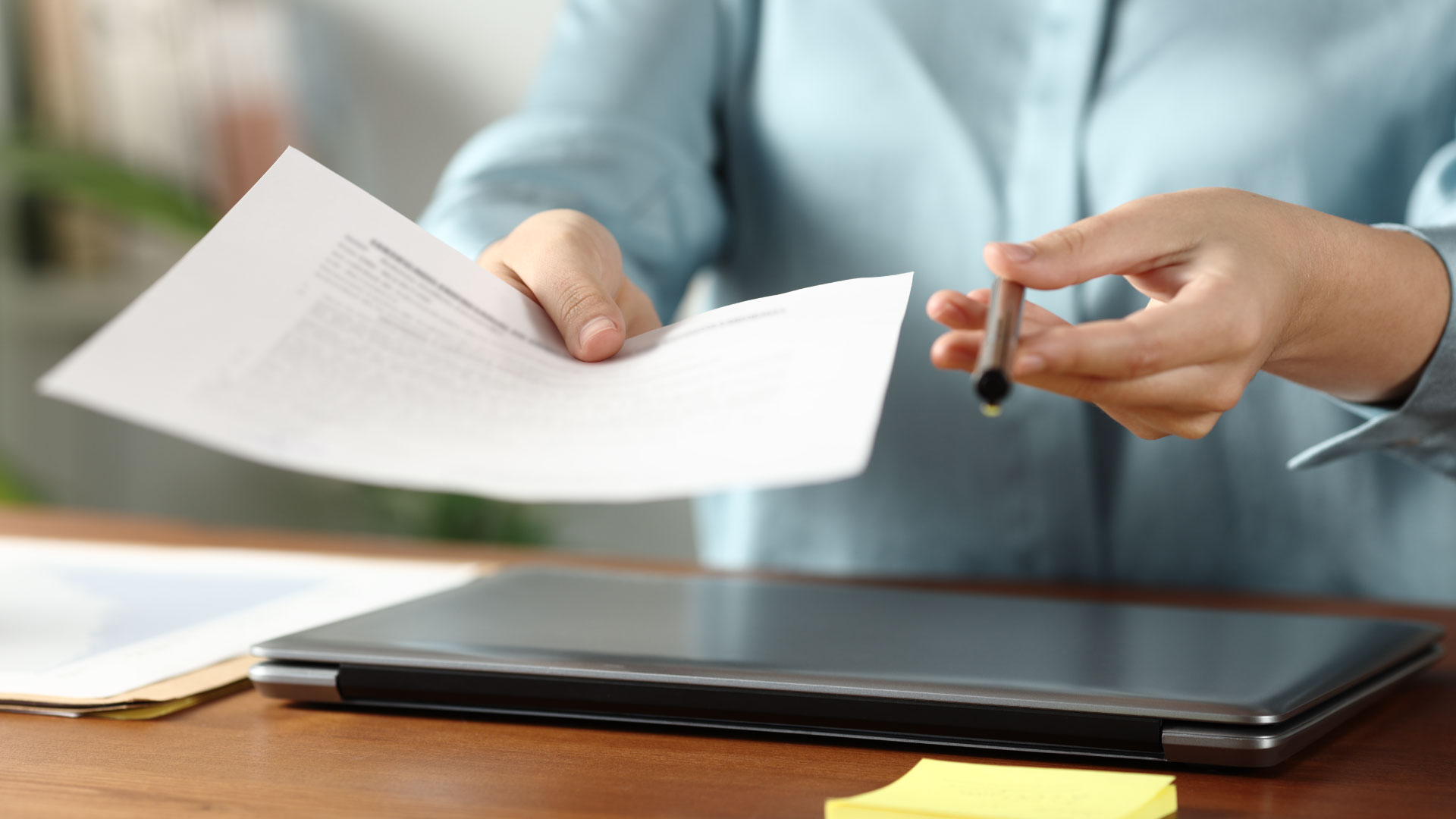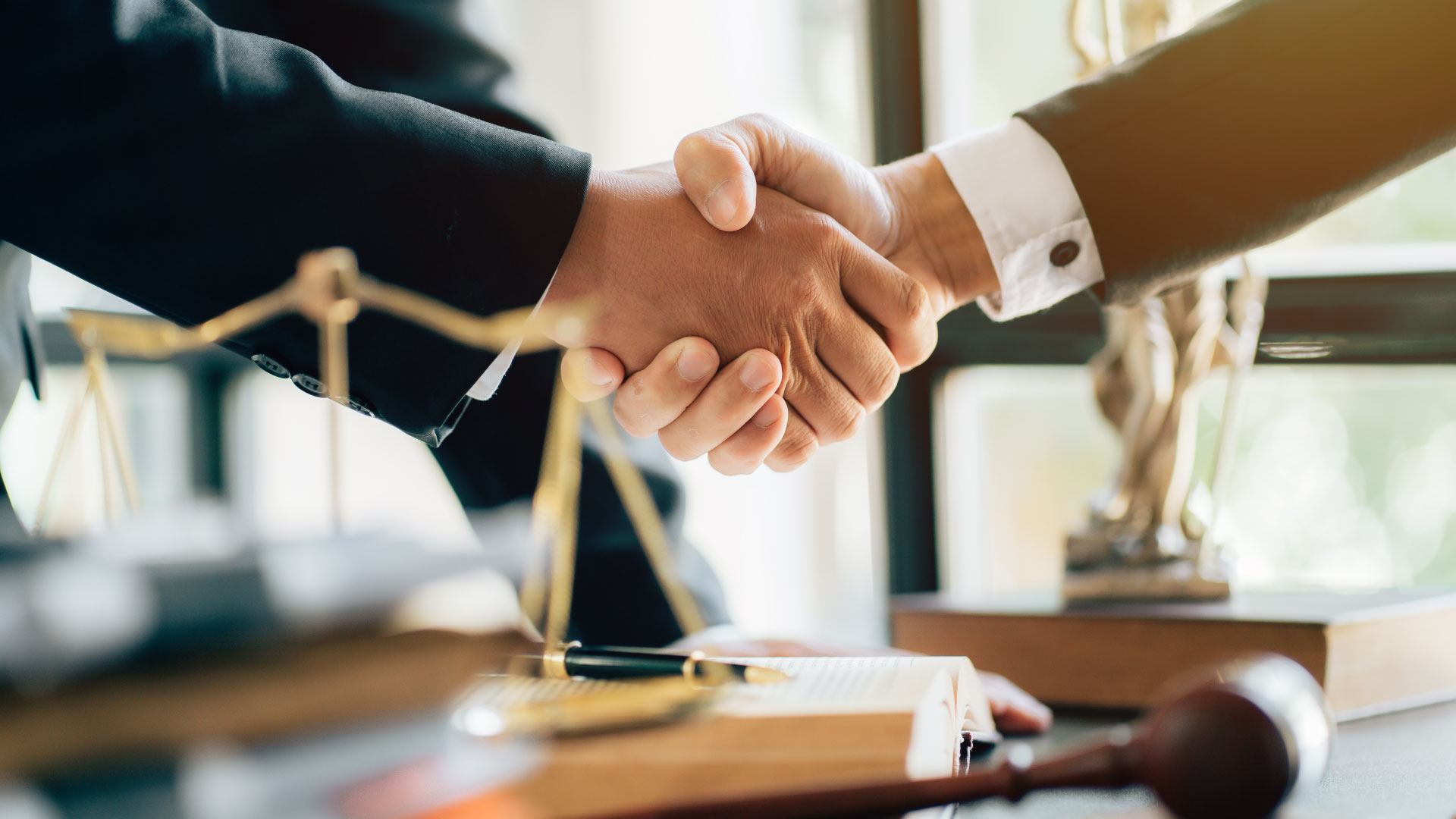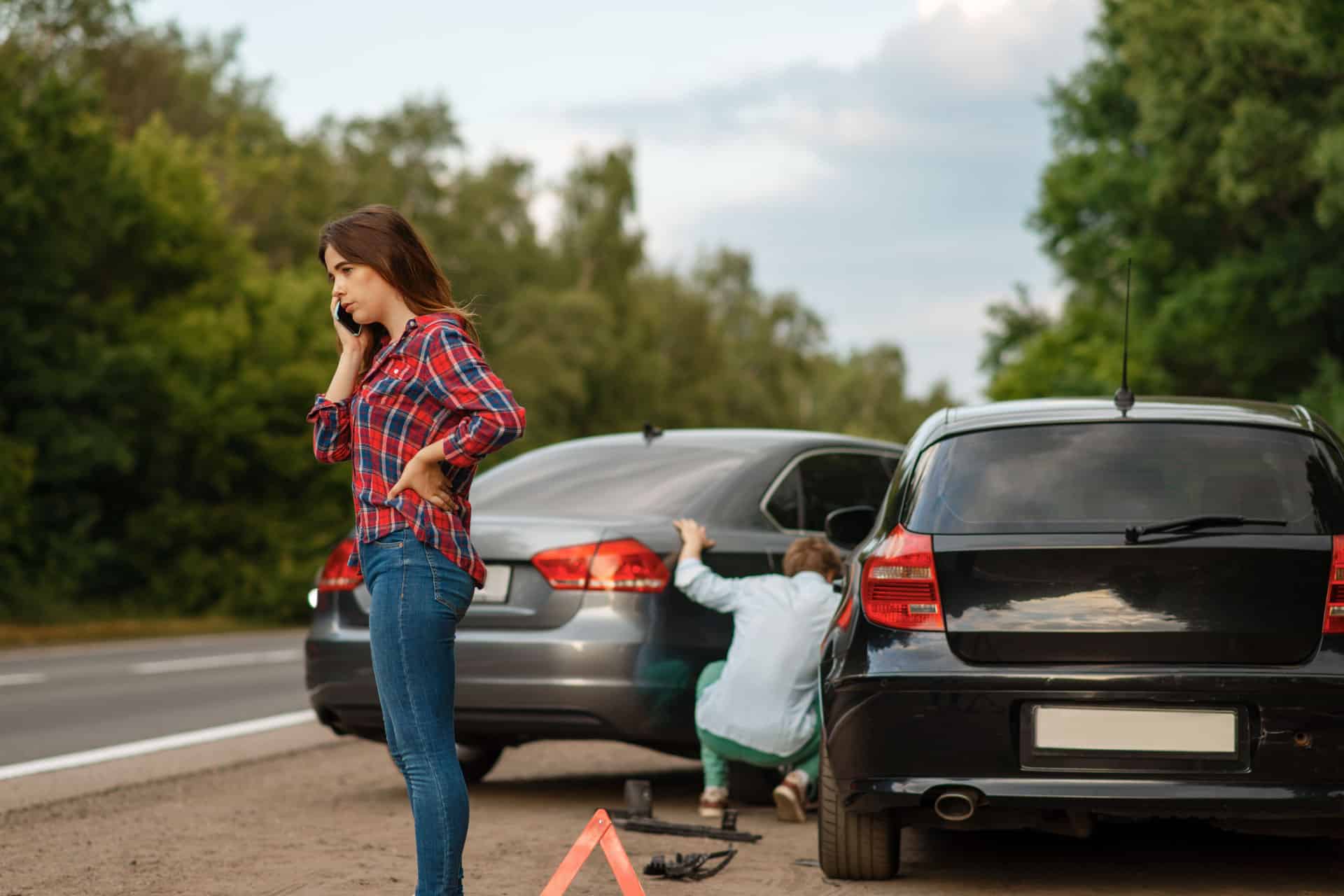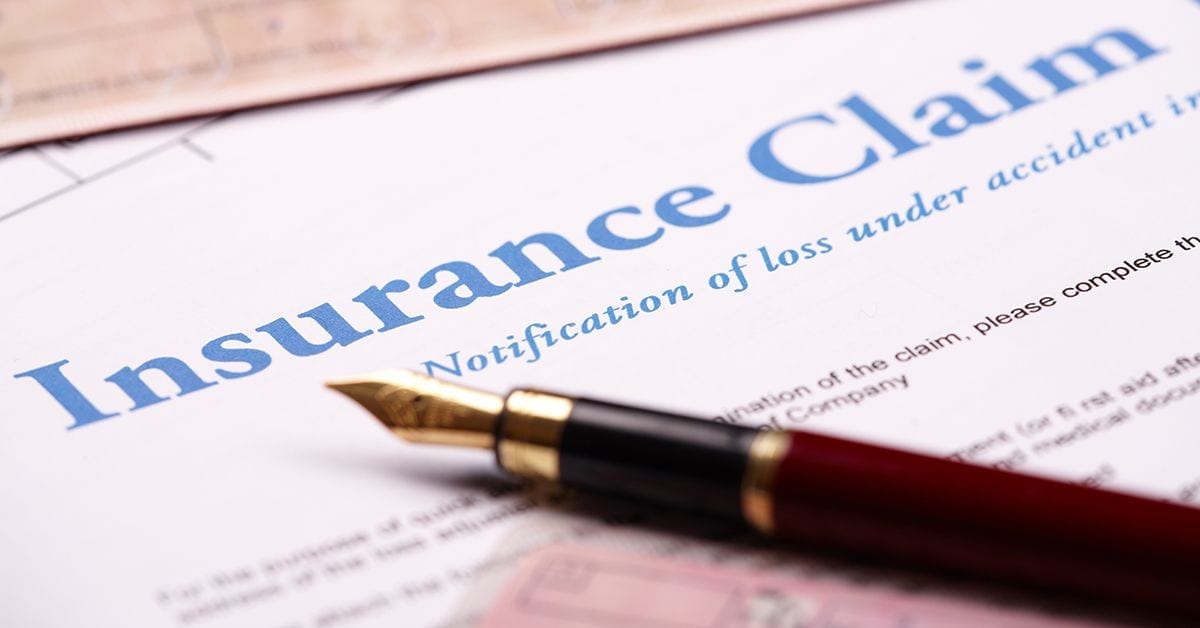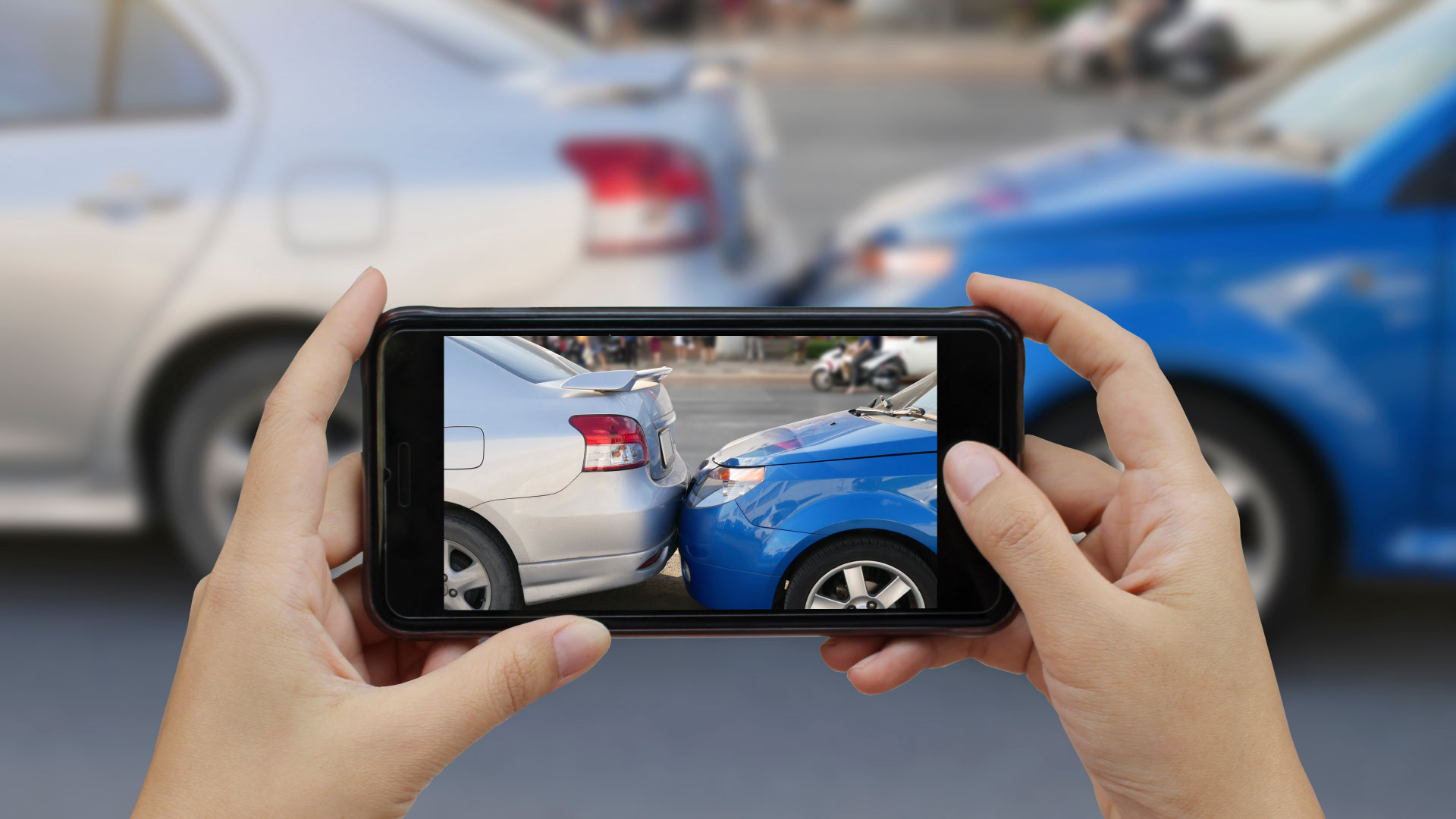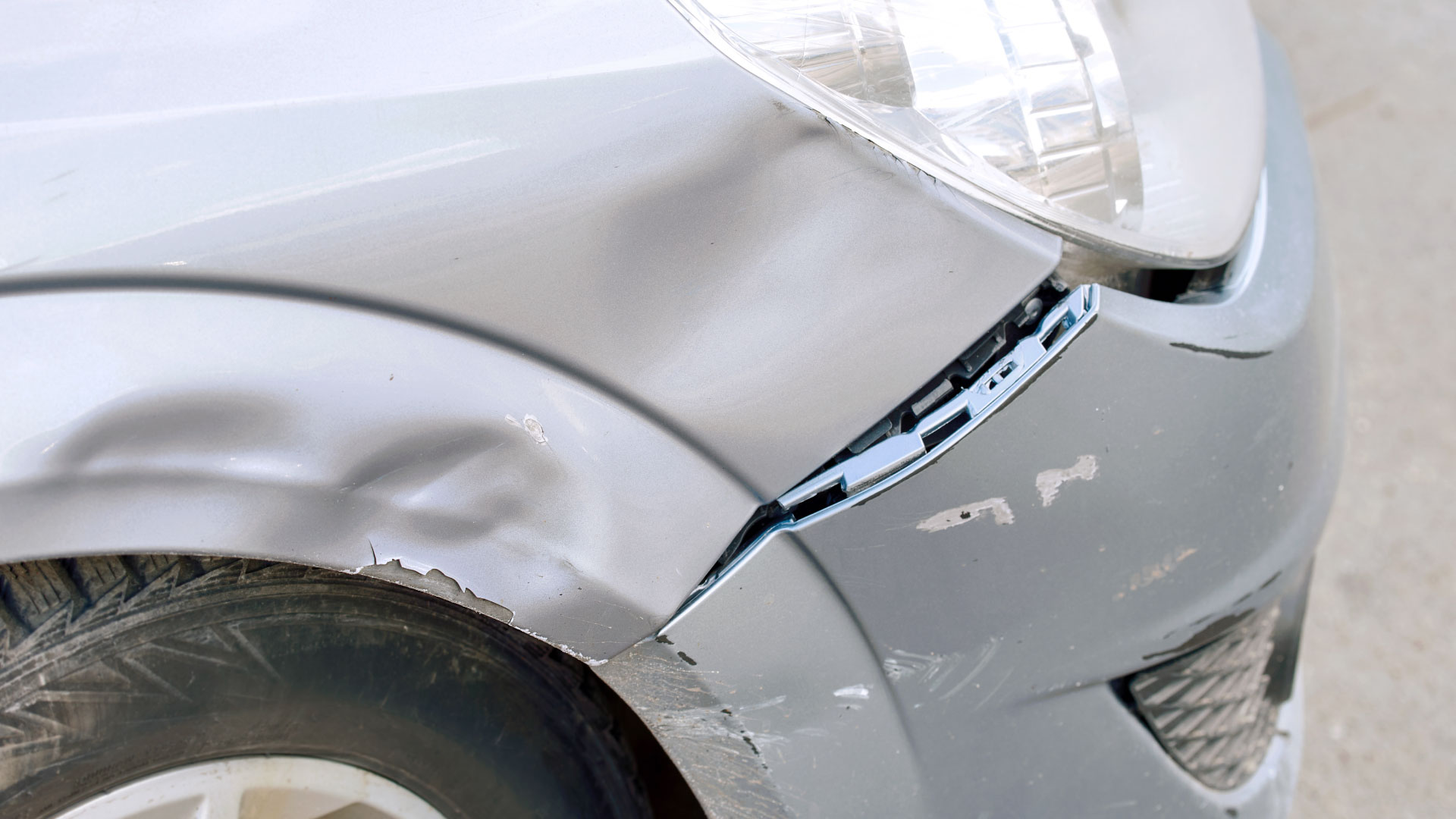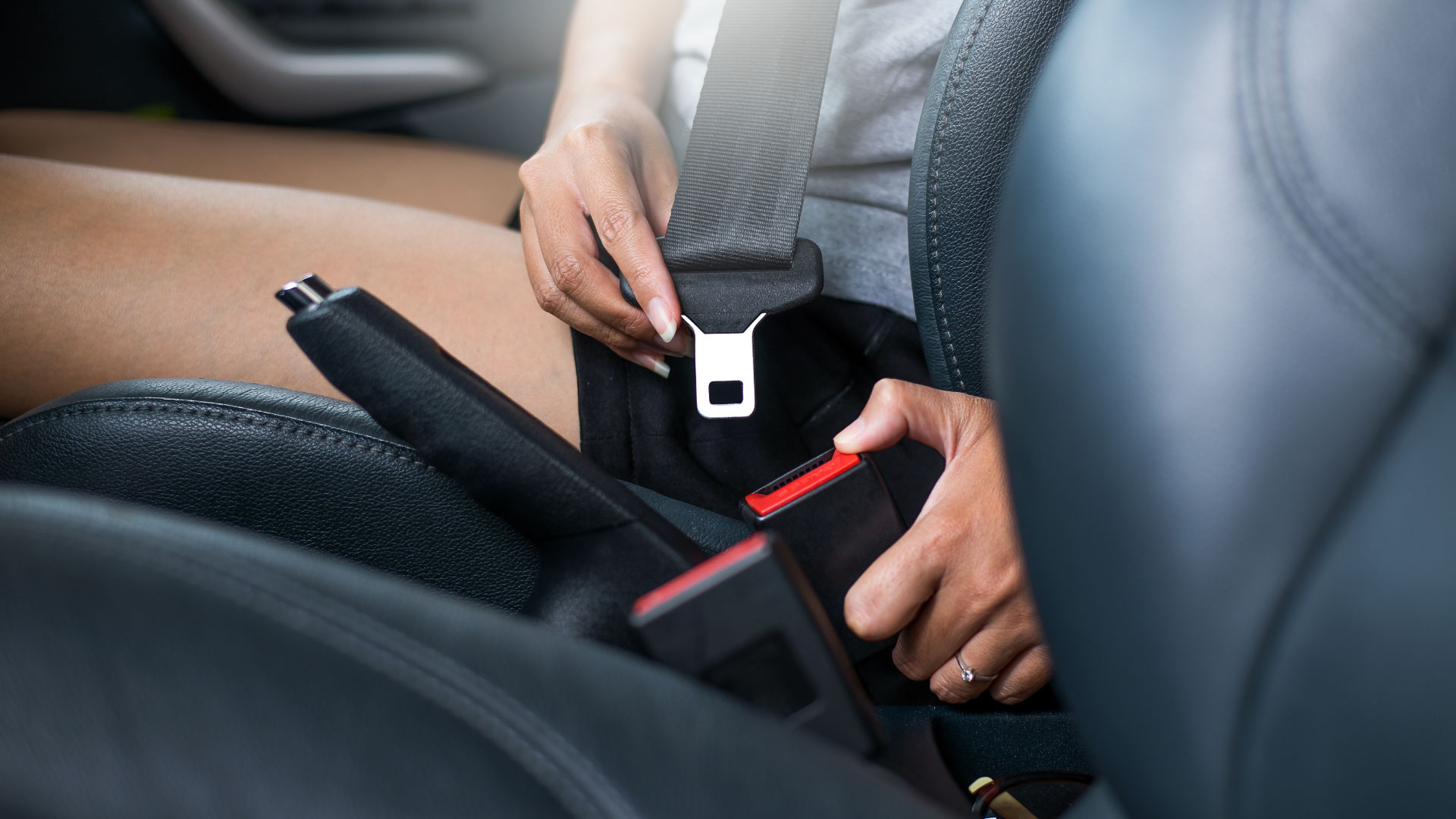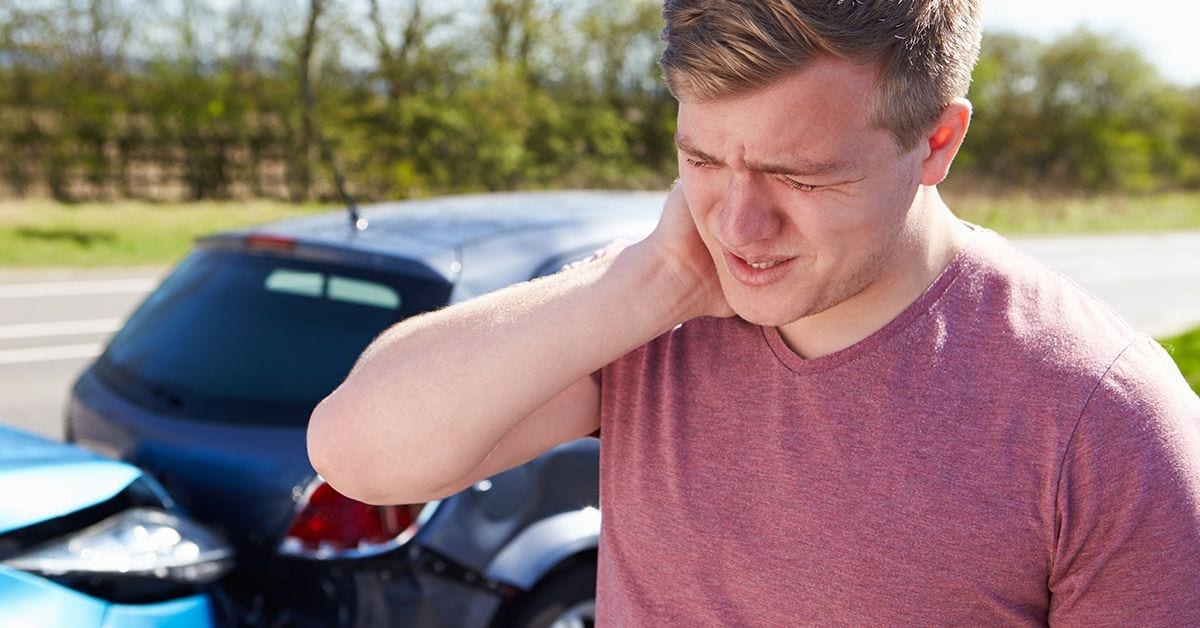Should You Apologize After an Accident in Georgia or South Carolina?
- Key Takeaway #1: Apologizing after a car accident in Georgia—even out of politeness—can be interpreted as an admission of fault and can negatively impact your injury claim.
- Key Takeaway #2: Insurance companies can use recorded statements, social media posts, and offhand comments to reduce or deny your compensation.
- Key Takeaway #3: Consulting a personal injury attorney early helps protect your rights, especially if you’ve already apologized or feel unsure about how to communicate after a crash.
After a car accident, many people instinctively say, “I’m sorry.” It’s a natural, polite reaction, especially here in the South. But when it comes to car crashes in Georgia and South Carolina, that simple gesture of sympathy can have unintended legal consequences.
At M. Austin Jackson Injury Lawyers, we know you’re not trying to admit fault—you’re just being human. Unfortunately, insurance companies and opposing attorneys may see things differently. And if they can twist your words to limit your compensation, they often will.
Let’s walk through why saying “sorry” could harm your case, what to do instead, and how to protect your rights after a crash.
Why Apologizing After an Accident Can Harm Your Legal Case
A heartfelt apology might seem harmless, but in a legal setting, it can complicate your case. Insurance companies and defense attorneys are trained to look for statements that suggest responsibility, even if that wasn’t your intent.
Here’s why it matters:
- Apologies can be misinterpreted. Saying “I’m sorry I didn’t see you” may be taken as an admission that you weren’t paying attention, even if the other driver caused the accident.
- Offhand remarks can be used as evidence. Casual statements like “I should have been more careful” might be introduced in court or during settlement negotiations to suggest negligence on your part.
- They can undermine stronger evidence. Even if the facts are on your side, a recorded apology might weaken your position during negotiations.
In car accident claims, establishing fault is key. A few poorly chosen words said in a moment of stress can unfairly shift that blame onto you.
How Insurance Companies Use Apologies Against You
Insurance companies, even your own insurance company, aren’t looking out for drivers—they’re looking out for their bottom line. That’s why adjusters are trained to seize on any detail that might reduce your claim.
Common tactics include:
- Recording your statements. Insurance adjusters may ask seemingly innocent questions while recording your answers, hoping you’ll say something that can be construed as an admission of fault.
- Quoting you out of context. A well-intentioned “I’m just glad no one was hurt” could be reframed as an admission of wrongdoing.
- Monitoring your digital footprint. Posts on social media, even those expressing regret, can be used as evidence. Posting something as simple as “I feel terrible about the accident, just hope everyone’s okay!” could enable an insurer to argue that you were at fault or partially at fault.
Be careful what you say—to adjusters, the other driver, or even online. Stick to the facts to protect your claims and legal interests, and if possible, take a short break from posting on social media in the aftermath of an accident.
Georgia and South Carolina Laws on Apologies and Admissions
Georgia and South Carolina both follow modified comparative negligence laws, which means that you can recover damages even if you’re partially at fault for the accident.
Georgia uses a “50% bar”, so if you’re found 50% or more at fault, you can’t recover compensation. South Carolina uses a slightly more generous “51% bar”, meaning that you can still recover damages as long as you’re less than 51% at fault.
In both states, any statement that appears to admit responsibility—like an apology—can influence how that percentage is calculated. Remember, there is no blanket protection for apologies in standard car accident cases in Georgia or South Carolina. That means anything you say may be introduced as evidence.
What to Say Instead of Apologizing After an Accident
It’s possible to show compassion without jeopardizing your legal rights. Here are a few alternatives that express concern without accepting blame:
- “Are you okay?”
- “Do you need medical assistance?”
- “Let’s call emergency services.”
- “We should exchange insurance and contact info.”
When interacting with the other driver or law enforcement, remember to:
- Stick to objective facts (“The light was green when I entered the intersection.”).
- Avoid guessing or speculating (“I’m not sure how fast they were going.”).
- Refrain from discussing who caused the accident.
Taking these precautions helps ensure your concern doesn’t get misinterpreted as responsibility.
Should You Speak to a Personal Injury Attorney?
After an accident, it’s tempting to just “get it over with” and talk to the insurance company directly. But doing so without legal guidance can seriously affect your case—especially if you’ve already said something that could be misinterpreted.
This is why you should speak to a car accident attorney first:
- They act as your advocate. At M. Austin Jackson Injury Lawyers, we step in to handle all communication with insurance companies, so you don’t risk saying something that can be used against you.
- They help shape your narrative. We ensure your side of the story is backed by facts and witness statements, not weakened by a misunderstood statement.
- They identify legal risks you might not see. Many people don’t realize how small comments, even those made in good faith, can complicate a claim.
- They maximize your compensation. From calculating damages to negotiating with insurers, having a legal professional can make a significant difference in the outcome of your case.
Getting a lawyer doesn’t mean you’re in the wrong. It’s a smart step to protect your rights and strengthen your insurance claim or personal injury case.
What to Do If You’ve Already Apologized After an Accident
If you’ve already apologized, don’t panic. Here’s what to do next:
- Write down exactly what was said. Include who heard it and the circumstances. This context can be helpful later.
- Avoid repeating or reinforcing the statement. Don’t clarify or follow up unless advised to by your attorney.
- Stop posting about the accident online. Even vague or well-meaning posts can be used against you. If you’ve posted something about the accident already, it may be best to remove it from your profile or page.
- Contact a personal injury lawyer immediately. A good attorney can help explain your apology, challenge its admissibility, or provide other evidence that supports your case.
Our team has helped many clients navigate this situation, and we’re here to support you when you’re ready.
How Our Augusta Personal Injury Attorneys Can Help
Whether you’re dealing with a minor collision or a serious crash, the aftermath can be confusing, stressful, and full of legal landmines. That’s where we come in.
At M. Austin Jackson Injury Lawyers, we thoroughly investigate your accident, shield you from aggressive insurance tactics, and ensure that your side of the story is told. We’ll also help you avoid common mistakes, like inadvertently apologizing—and we provide clear, honest advice at every step.
We’re a local firm with deep roots in Augusta, and we’d love to be your advocate during a challenging time. Reach out to us today for a free, no-obligation consultation.
Frequently Asked Questions
If I apologize at the accident scene, am I automatically at fault?
No, but your statement can be introduced as evidence and used to argue that you were responsible or partially responsible.
Can I still recover compensation if I apologized after the accident?
Yes. A skilled attorney can provide context for your words and build a strong case around the facts.
What should I do if the insurance adjuster asks if I’m sorry the accident happened?
Politely decline to comment and refer them to your attorney. Do not engage in speculation or emotional responses.
How soon after an accident should I contact an attorney?
You should contact a lawyer as soon as possible. The earlier you get legal support, the better your chances of protecting your rights and preserving key evidence.
M. Austin Jackson has more than a decade of experience helping his neighbors in Georgia and South Carolina receive justice and fair compensation after an injury. An Augusta native, Austin is honored to serve this wonderful community, and he prides himself on providing friendly, personal legal guidance for folks in the middle of a hard time.
